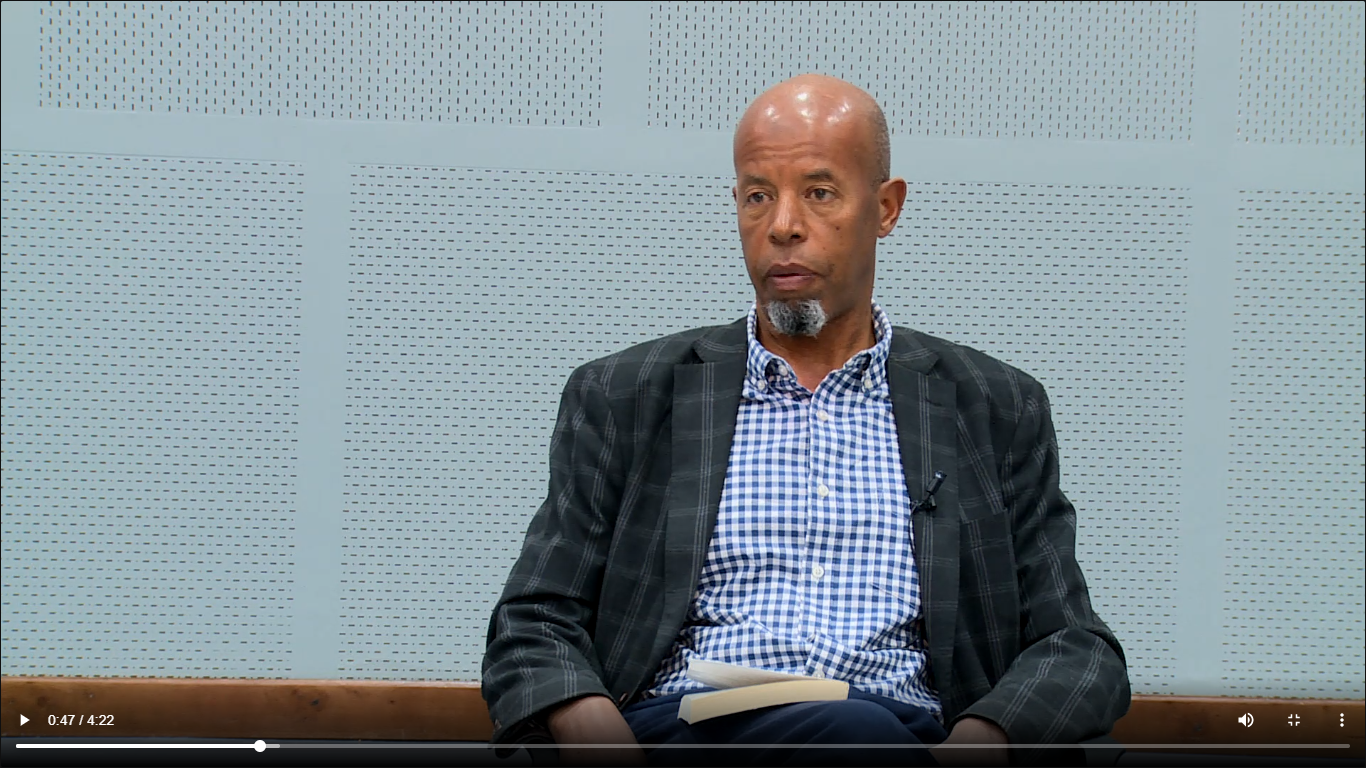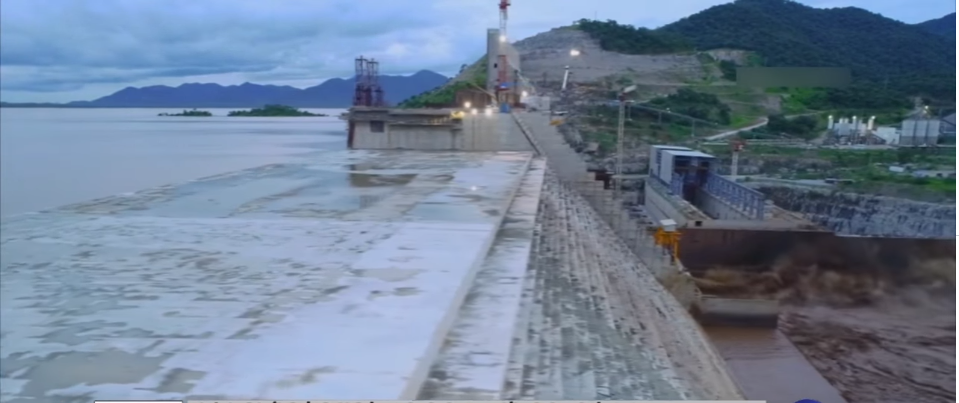Signed DoP Never Mentions Binding Agreement, But Dev't of Guideline: Water Expert Reveals - ENA English
Signed DoP Never Mentions Binding Agreement, But Dev't of Guideline: Water Expert Reveals

Addis Ababa June 12/2021 (ENA) The Declaration of Principle (DoP) signed in 2015 in Khartoum by Egypt, Sudan and Ethiopia states that the countries will agree and develop a guideline not a binding agreement, a senior water expert argued.
In an exclusive interview with ENA, Senior water expert Feqahmed Negash said article 5 of the Declaration of Principle signed in 2015 in Khartoum clearly states that the countries will agree and develop a guideline.
Nothing is stated about a binding agreement in that document, the senior water expert revealed, adding that there is therefore no basis for Egypt and Sudan to request for a binding agreement.
“Actually, when we look at the type of document they want to be signed as a binding agreement, they talk about the minimum release and the amount of water that could be annually released both in the filling stages and the annual operation,” he pointed out.
This is a modified version of the 1959 agreement that granted Egypt 55.5 billion cubic meters and 18.5 billion cubic meters for Sudan annually.
The senior water expert noted that the bilateral agreements totally ignored the needs of other riparian countries, including Ethiopia which contributes 86 percent of the Nile waters.

Moreover, Ethiopia was not part to the 1929 and the 1959 agreements and the country never recognized those agreements and never recognized any water right or any share for Egypt or Sudan, Feqahmed pointed out.
According to him, one of the strategies of Sudan and Egypt during the negotiations for the filling as well as the annual operation of the GERD was to get some form of assurance or commitment from Ethiopia that recognizes, if possible all, if not part of this water share they are claiming.
“A binding agreement, if signed, means Ethiopia is going to recognize part of the water that is going to be released as their water use which indirectly shows that Ethiopia is going to recognize part or all of whatever claim from the Nile.”
Such an agreement is very tricky and that is why Ethiopia is refusing to sign any binding agreement, Feqahmed explained.
“Ethiopia will enter this water sharing agreement through the Nile basin cooperative framework agreement which was signed in 2010 that Egypt and Sudan denied or refused to sign.”
In that case that will be a framework in the future to negotiate a water sharing or water use among the countries. That is the only way really to get share of water allocation not through confusion or through subjugation or putting pressure,” the senior water expert underlined.
In May 2010, five upstream states signed a Cooperative Framework Agreement (CFA) to seek more water from the River Nile —a move strongly opposed by Egypt and Sudan.